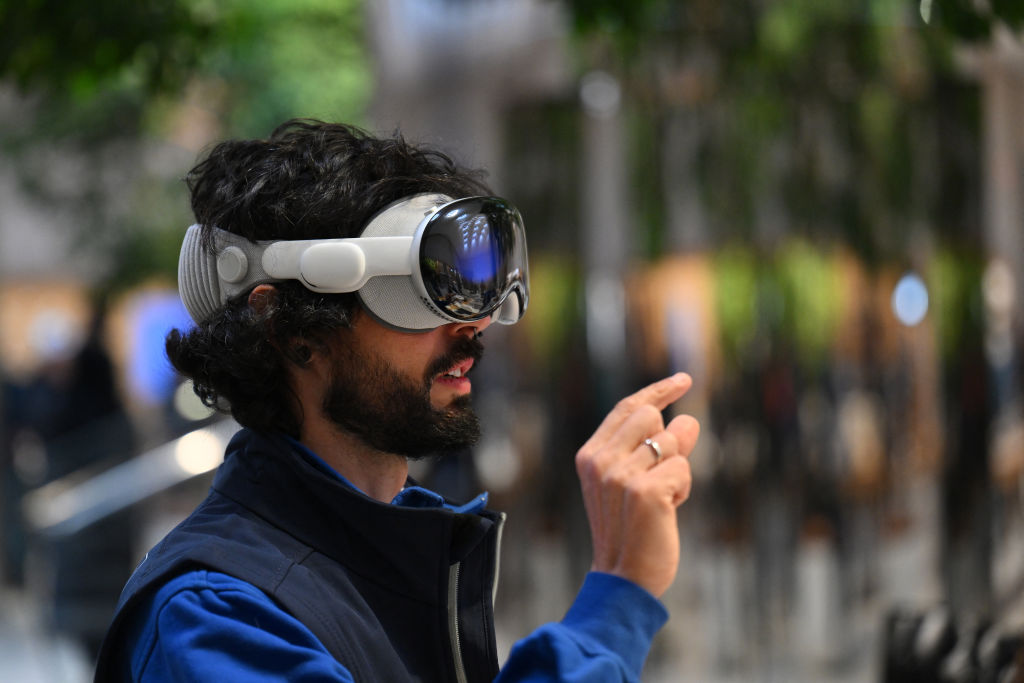The University of Birmingham in the UK has recently unveiled EyeD, a portable device that can detect traumatic brain injuries (TBI) within minutes. Combining a spectrometer, a laser, and a smartphone, the revolutionary device can provide quick, accurate, and non-invasive information about the extent of the trauma.
Designed and developed under the direction of Professor Pola Goldberg Oppenheimer from the School of Chemical Engineering, EyeD has been created to evaluate patients as soon as injury occurs, making it particularly valuable during the critical first hour following an accident.
Early evaluation is crucial, as the first hour is critical for identifying brain trauma. Brain injuries can have long-term effects if not treated promptly, but symptoms may not show up right away. Advanced imaging methods in hospitals are frequently required for diagnosis, but with EyeD, medical personnel can now assess potential brain injuries swiftly and effectively.
According to a recent study, EyeD utilizes a class 1, CE-marked, eye-safe laser and a particular Raman spectroscopy system to identify biomarkers for brain damage. By analyzing how molecules reflect light, it measures the chemical alterations in the eye connected to brain injury.
To verify its effectiveness, the device was tested using postmortem pig eye tissue and an artificial eye model, and it was found to reliably identify brain damage in both scenarios. The researchers also built a phantom eye to test the device’s alignment and focus on the back of the eye, and created decision support tools employing artificial intelligence to identify TBIs quickly.
Looking ahead, further assessment is being prepared, such as patient acceptance, clinical feasibility, and effectiveness investigations. Researchers also anticipate that the tool will be developed to classify the injury as mild, moderate, or severe, as well as to direct triage appropriately and timely.

I have over 10 years of experience in the cryptocurrency industry and I have been on the list of the top authors on LinkedIn for the past 5 years. I have a wealth of knowledge to share with my readers, and my goal is to help them navigate the ever-changing world of cryptocurrencies.




